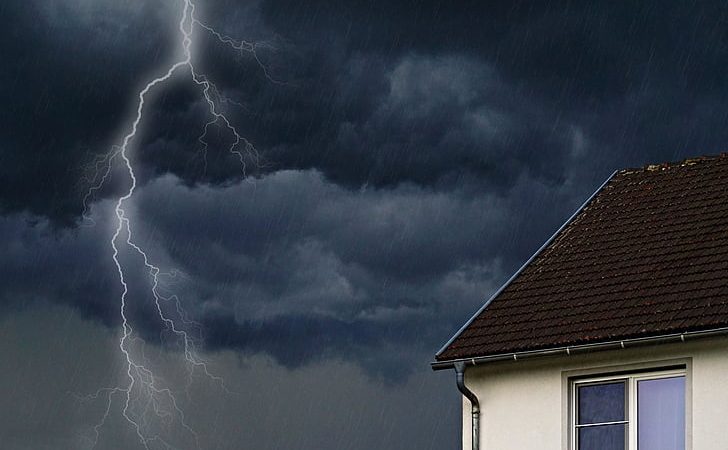Government intervention has inflated house prices to unsustainable levels. A crash is coming – and those on lowest incomes will suffer, writes Peter Brown.

The Conservative ideological obsession with home ownership, and antipathy to social housing, is blinding them to the need for a balanced housing market that supports the needs of both the poorest and of business.
Help to Buy was exposed in June 2019 by the National Audit Office (NAO) and excoriated on Left Foot Forward. It’s worth repeating some of that analysis again:
- Around three-fifths of those using Help to Buy could have bought a property without it, over 8,000 of those using the scheme had household incomes over £100,000 and more than 20,000 had incomes over £80,000.
- 1 in 5 of those using Help to Buy aren’t even first-time buyers.
- It’s boosted the profits of Britain’s biggest property developers.
Since then, the scheme has been extended to 31st March next year. The NAO noted then that the government had indicated that it “will wean the property market off the scheme.” but the end of scheme guidance leaves many questions unanswered. Expect vocal, disgruntled homebuyers in the headlines this coming spring.
When cutting stamp duty, it’s clear that the Chancellor was playing to the gallery. With stamp duty not previously due on the first £125,000 of the properties’ value, it’s the more expensive properties and potential second homes that have benefited and dramatically increased in value. This tax cut also ends on 31st March 2021.
The result is that despite the global pandemic, mortgage approvals rose in September to the highest levels seen in 13 years as existing homeowners look for properties outside urban areas. In October, house prices increased at the fastest annual rate for four years. Since March this year alone, the cost of a typical detached home had soared by £27,371. Yet the boom is not evenly distributed; the typical flat has increased by a mere £2,833.
While the government intervenes to inflate house prices, the Office for National Statistics reports that June to August 2020 saw the unemployment rate and the number of redundancies continue to increase. And the employment rate continues to fall. Add to this the anticipated chaos following a no deal Brexit and there is an inevitability that those inflated house prices will fall.
None of this is lost on lenders who, fearful of a repeat of the ‘toxic debts’ of the 2008 crash, have been tightening lending criteria for some months. Research by Aldermore Bank shows the difficulties first time buyers now have getting a mortgage.
Over a third say they have been rejected once for a mortgage, and a further one in ten say they have been rejected more than once. Six in 10 (62%) say buying their first home feels unachievable at the moment.
Combine these factors, and it is clear that the severity of the housing crisis is set to escalate. Unable to access social housing and shut out of the mortgage market leaves few options for those seeking a home. For recent purchasers, a sudden drop in house prices will hit hard.
A harsher economic environment will affect a significant number of people who had no other means of getting a home for their family. Government is responsible for an unsustainable increase in house prices.
Now the planned withdrawal of incentives combined with increasing unemployment and under employment plus rising retail prices caused by Brexit sets out a bleak forecast for the coming months and years.
Peter Brown worked in housing for 40 years, including for the last 27 years as a Chief Executive of six different housing associations.
To reach hundreds of thousands of new readers we need to grow our donor base substantially.
That's why in 2024, we are seeking to generate 150 additional regular donors to support Left Foot Forward's work.
We still need another 117 people to donate to hit the target. You can help. Donate today.



